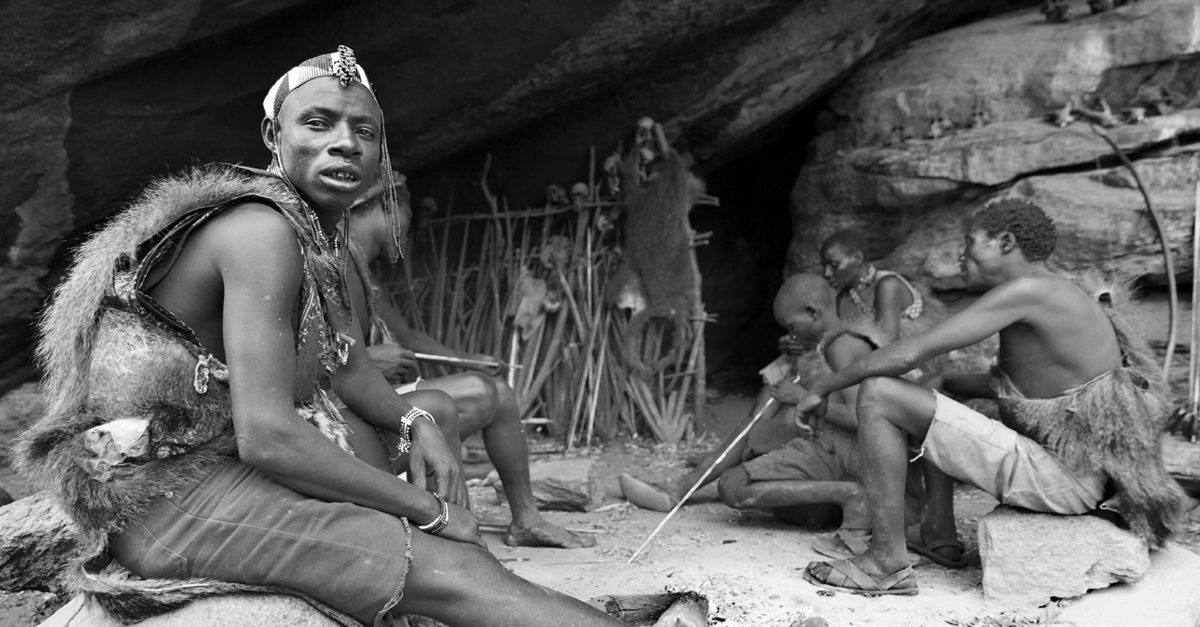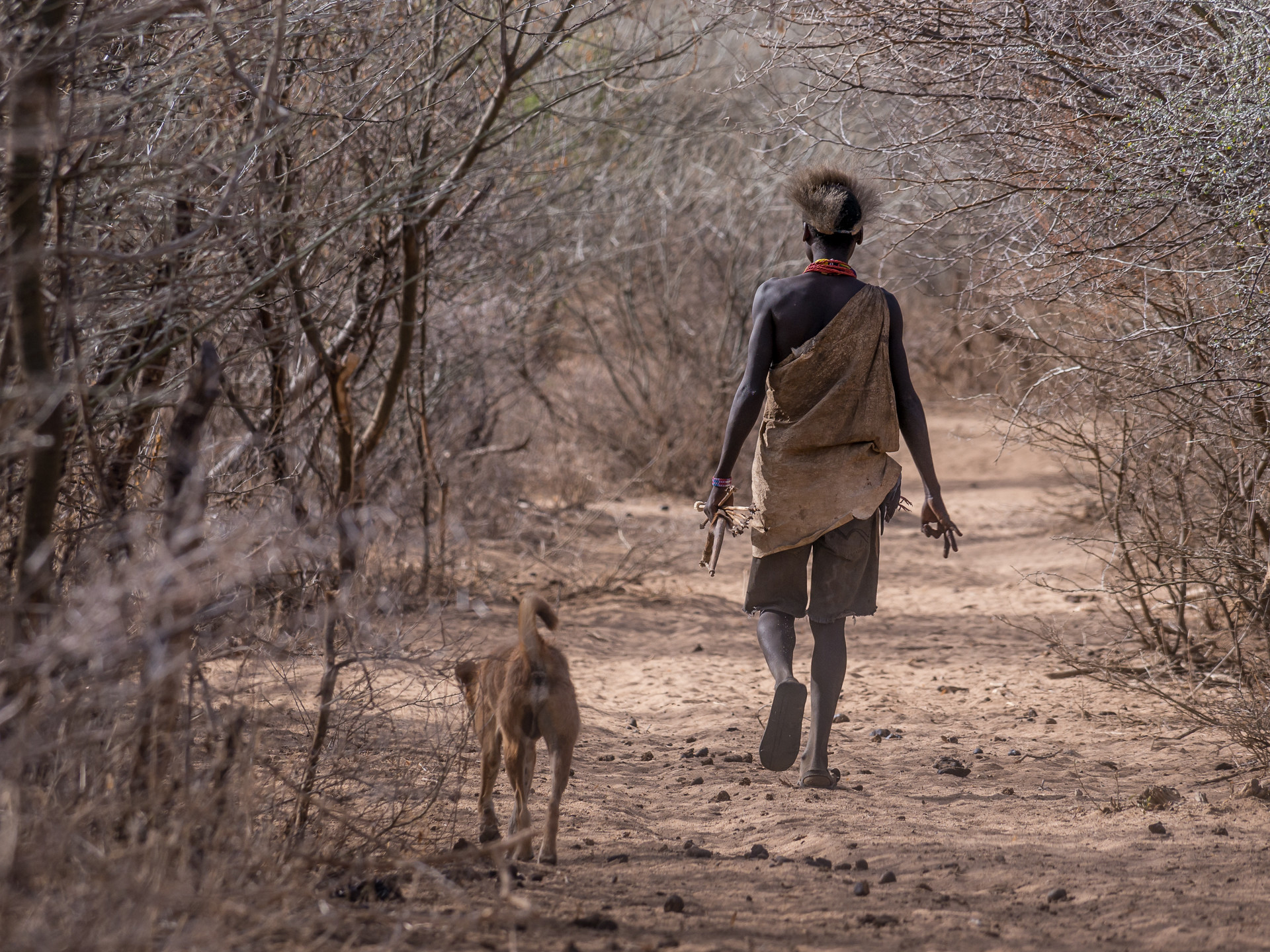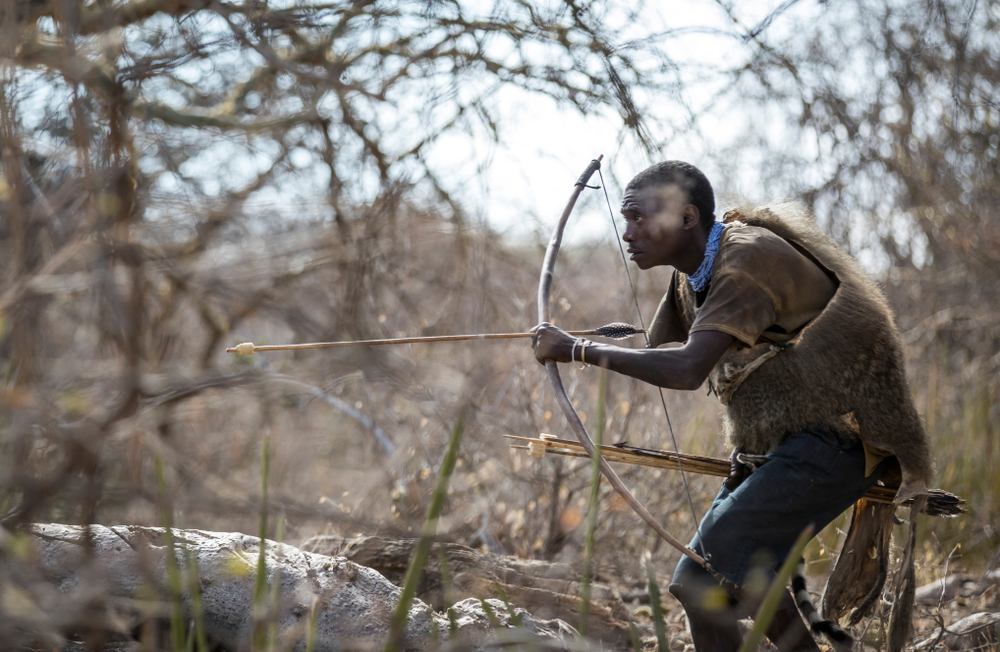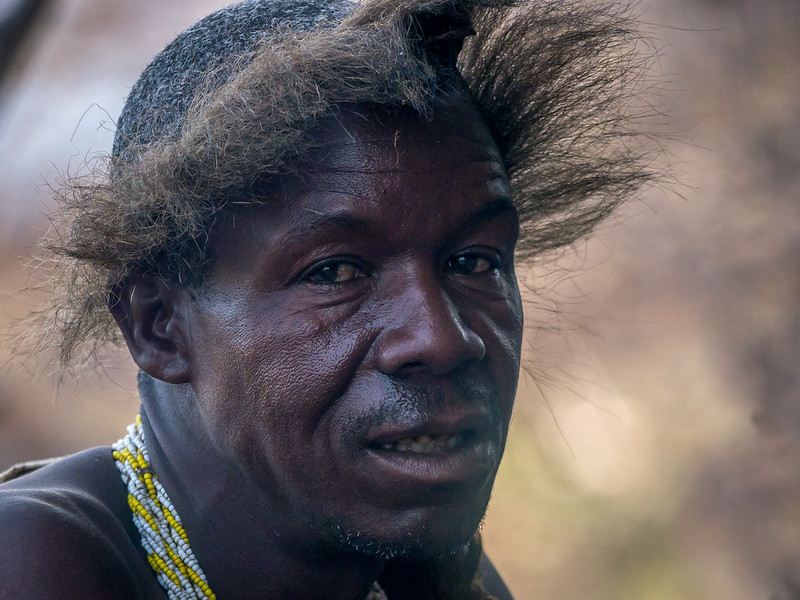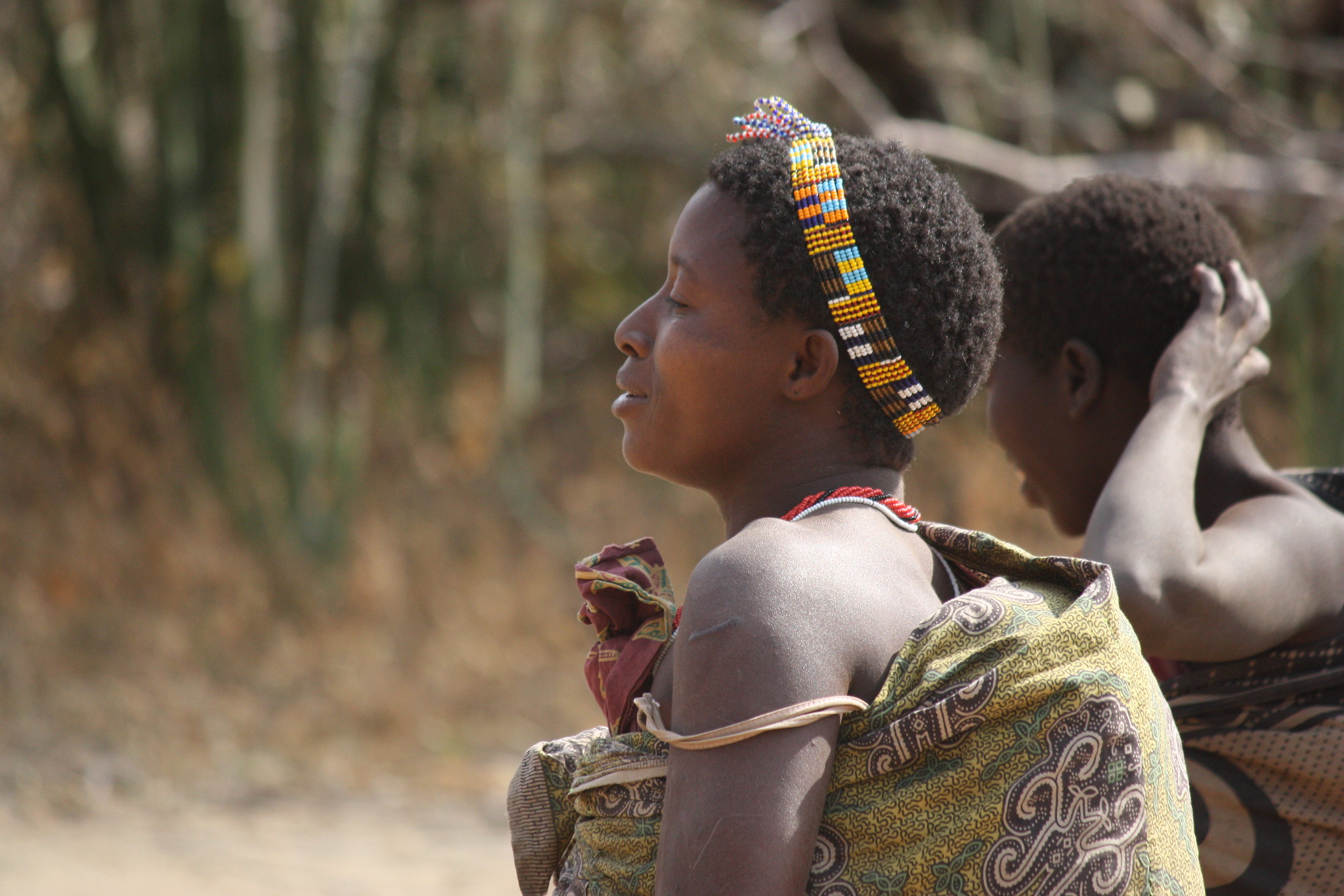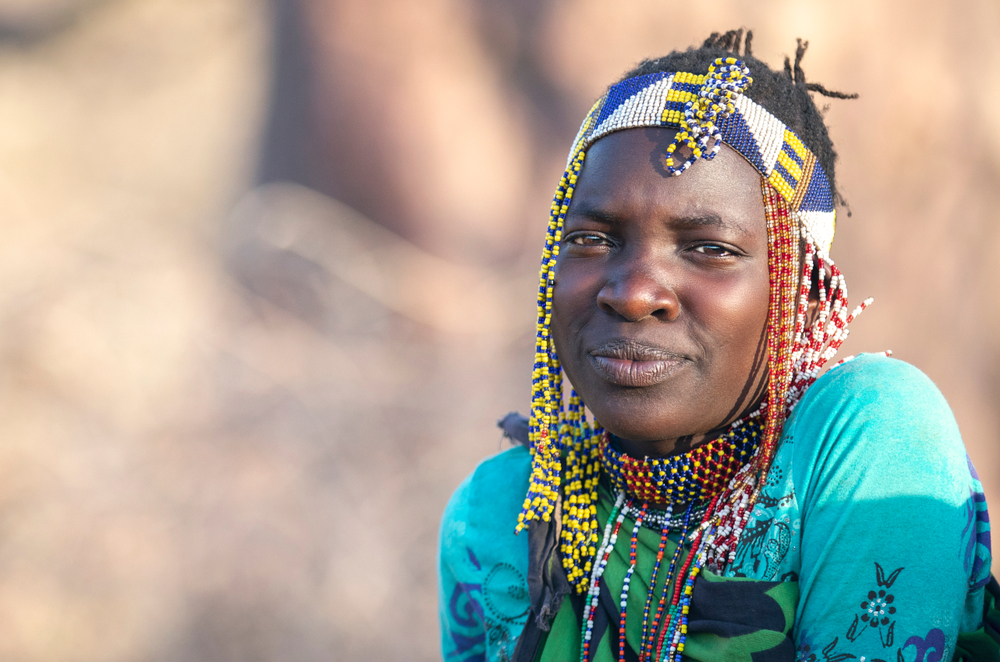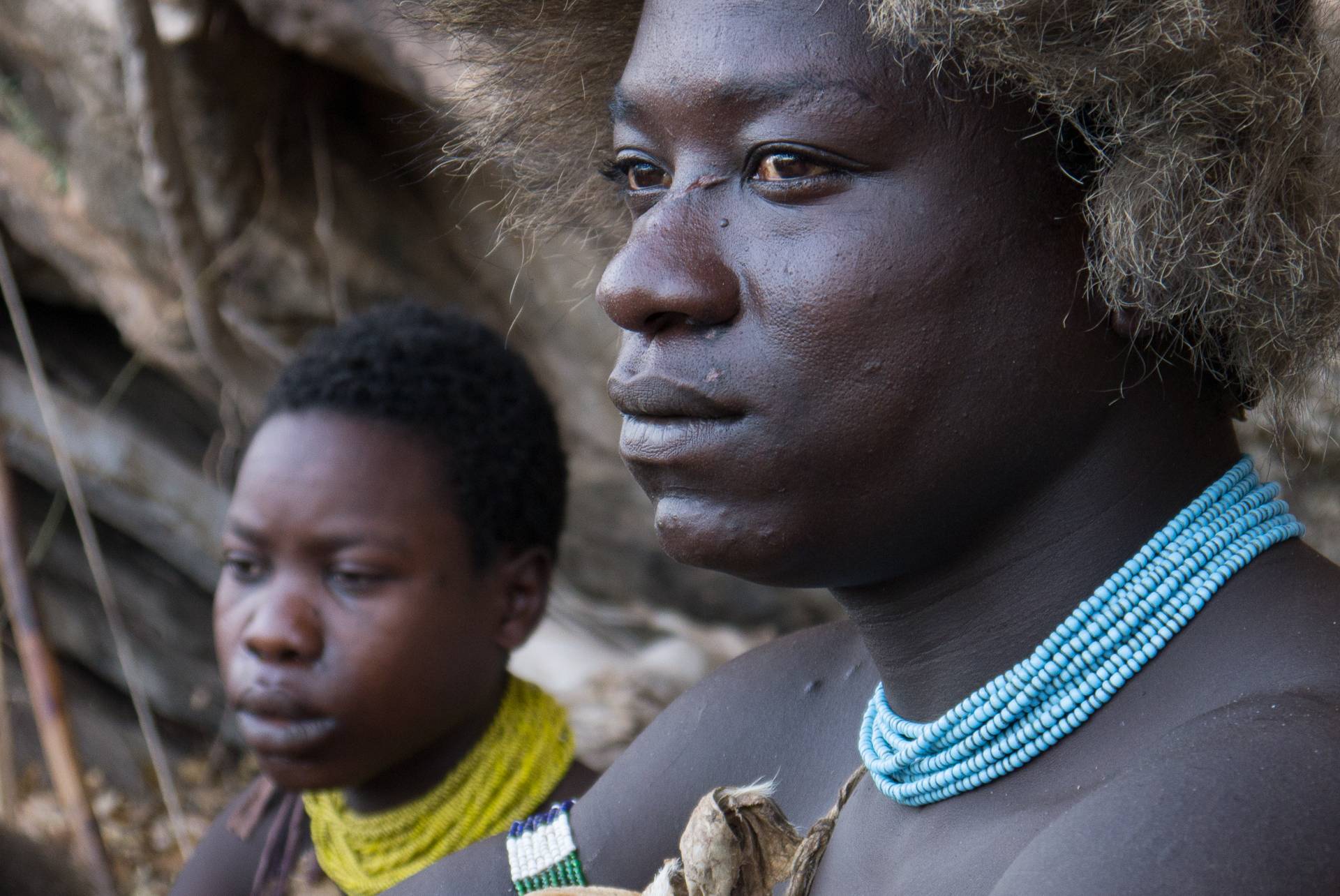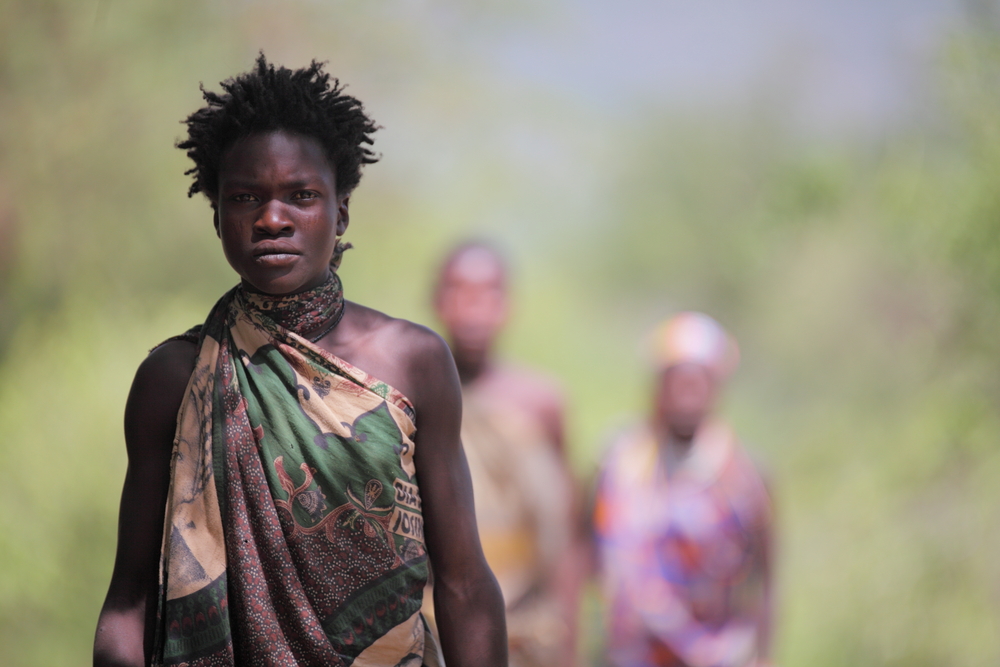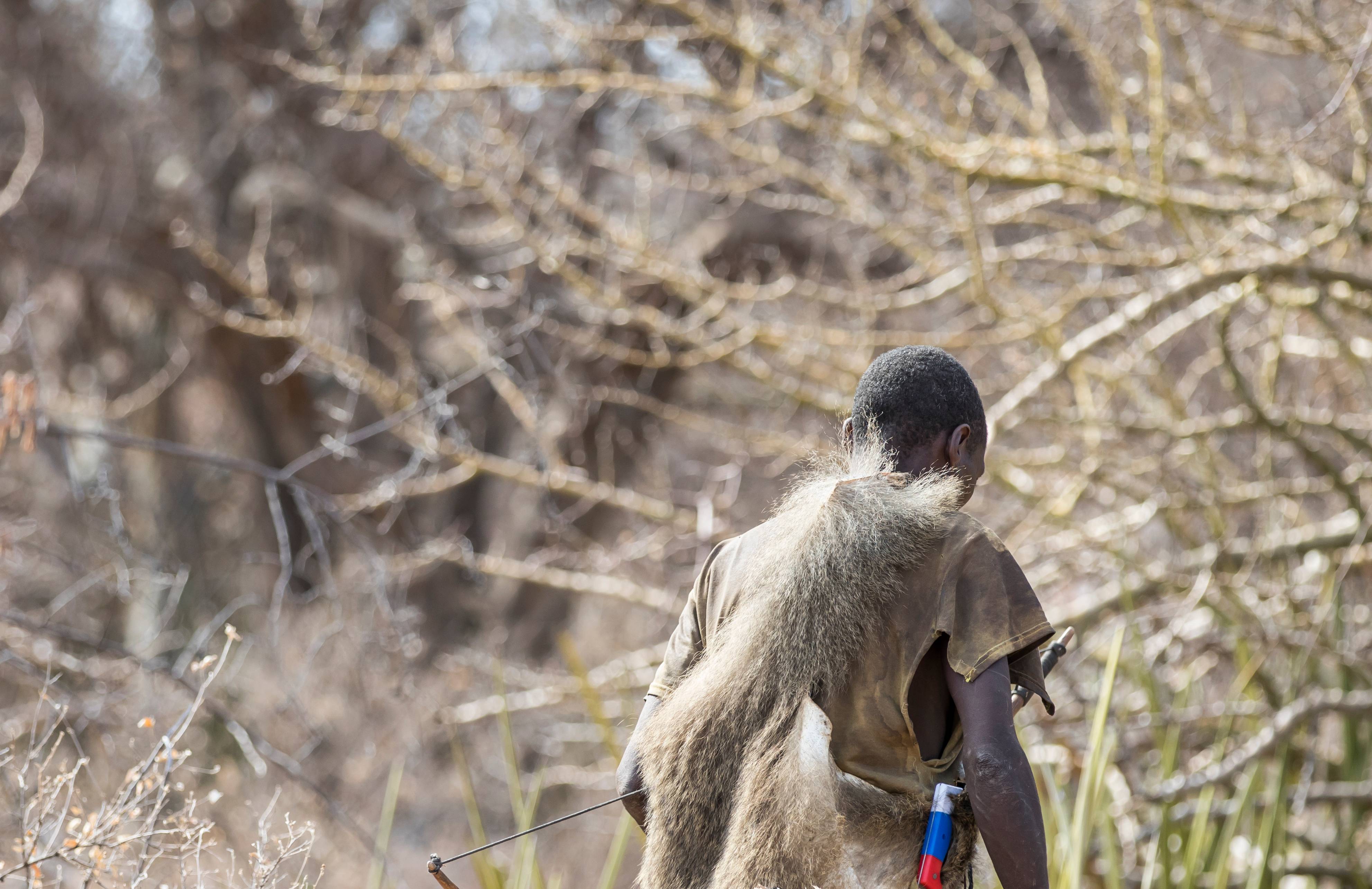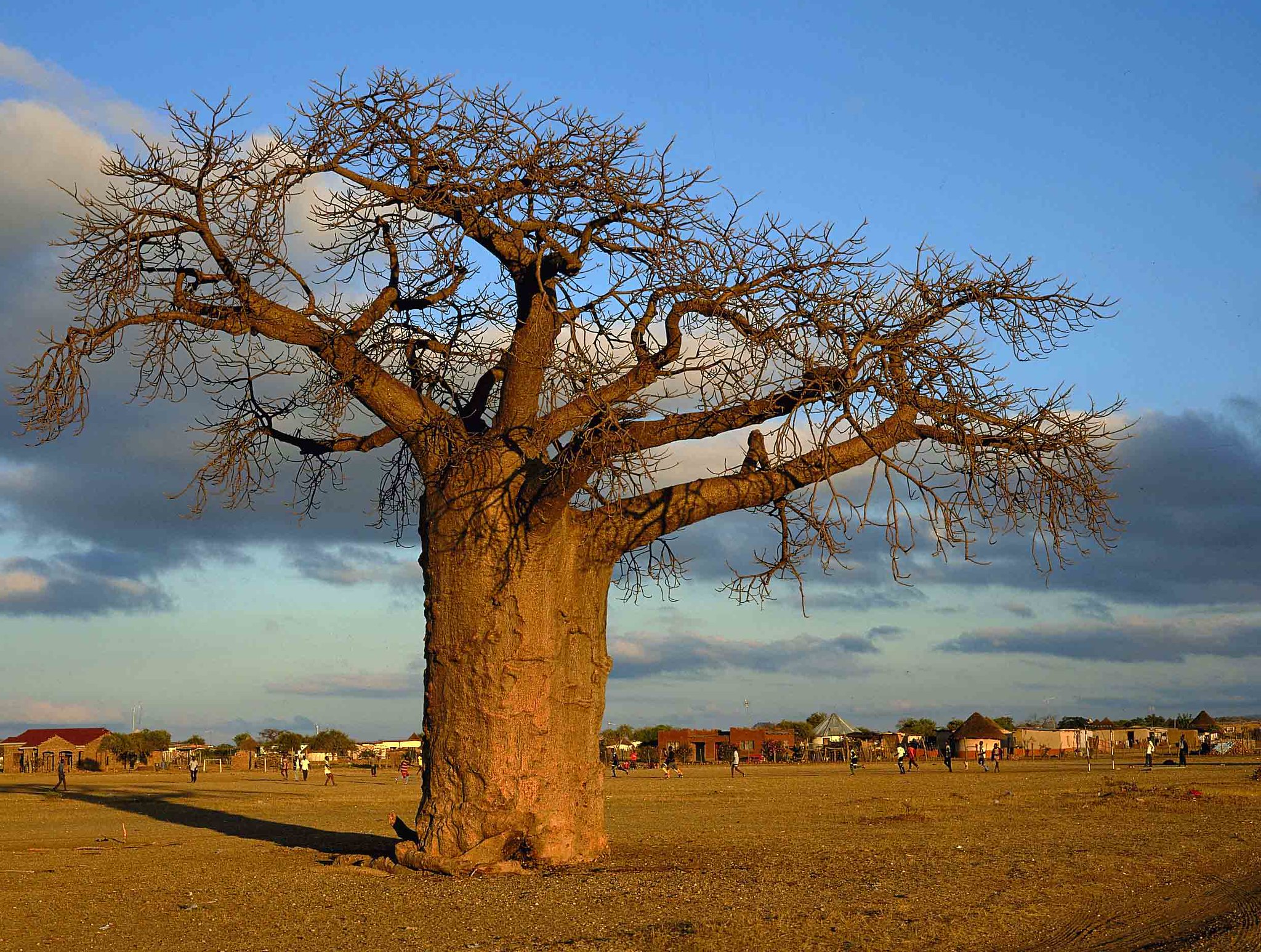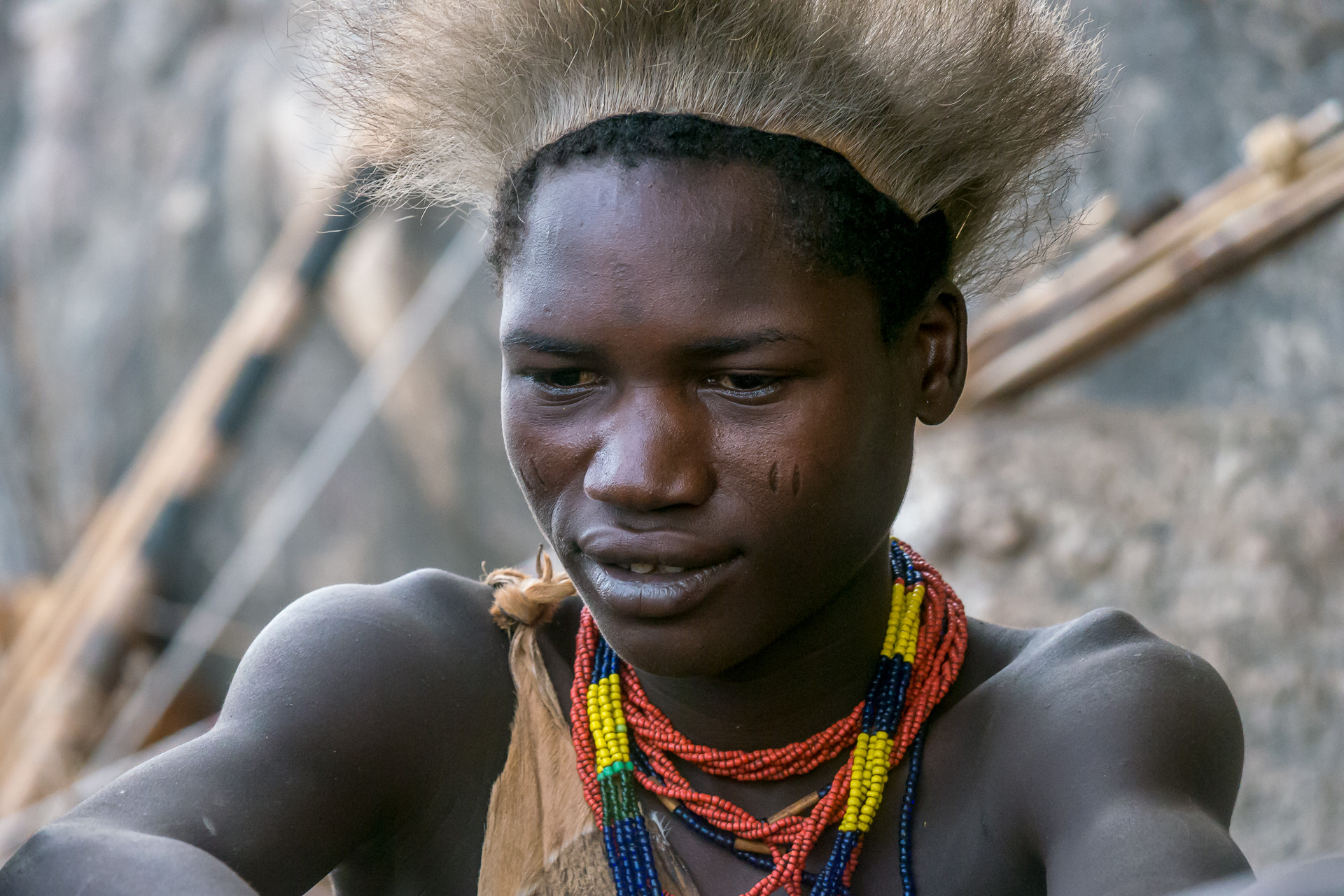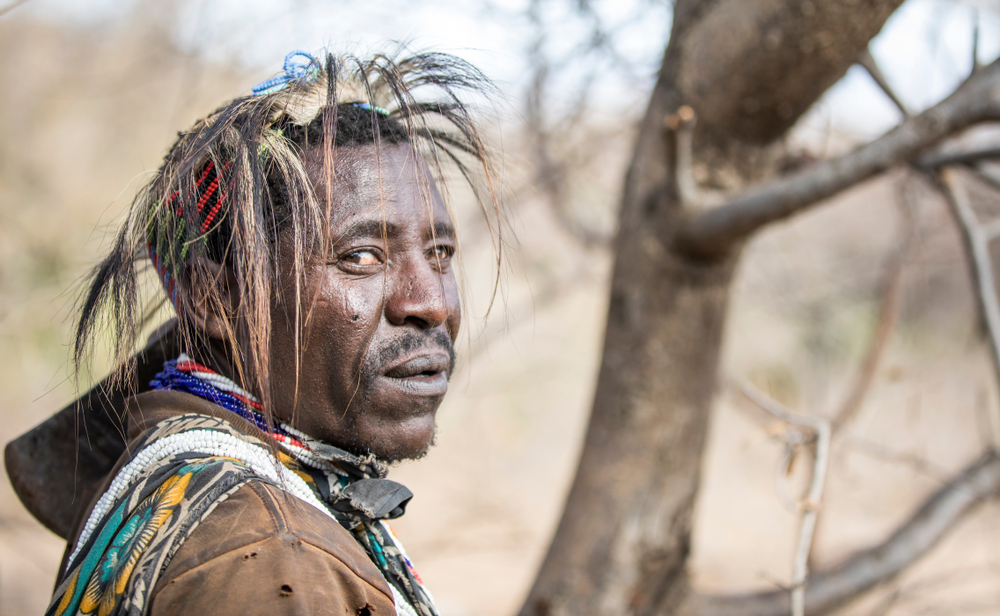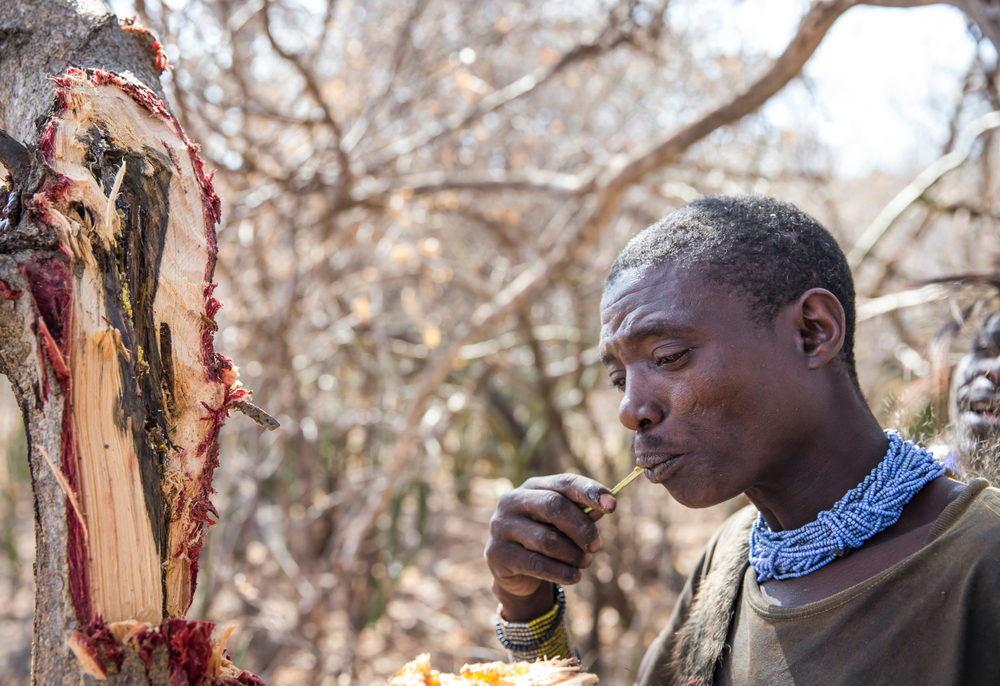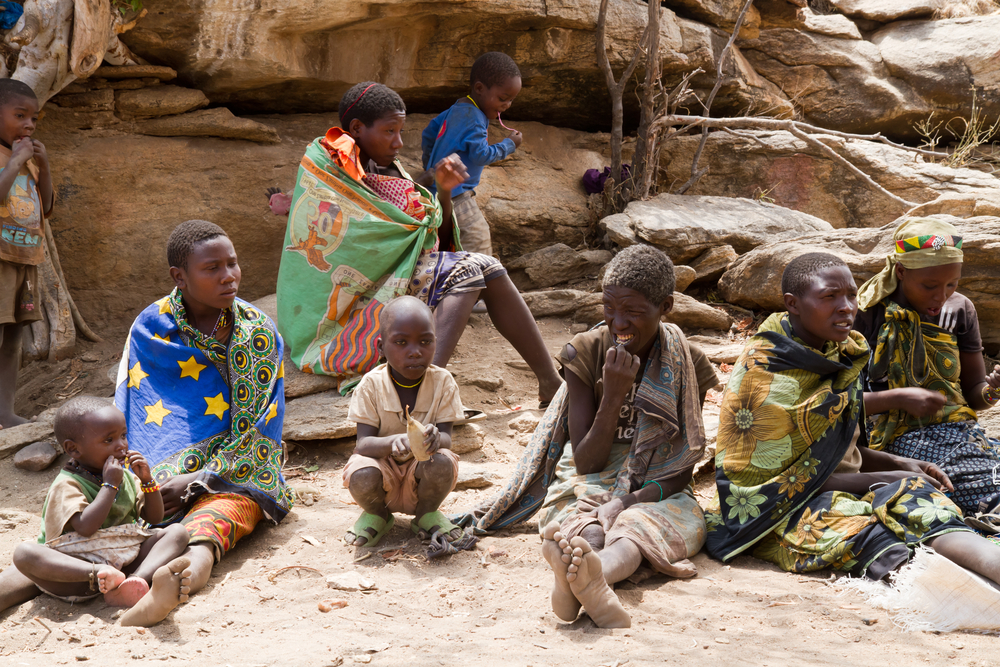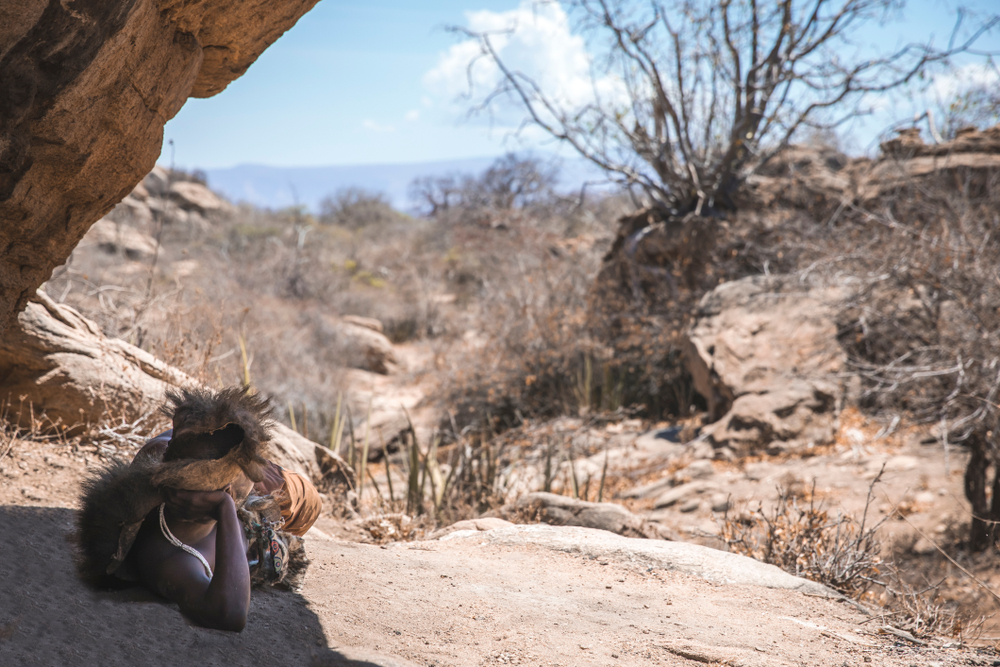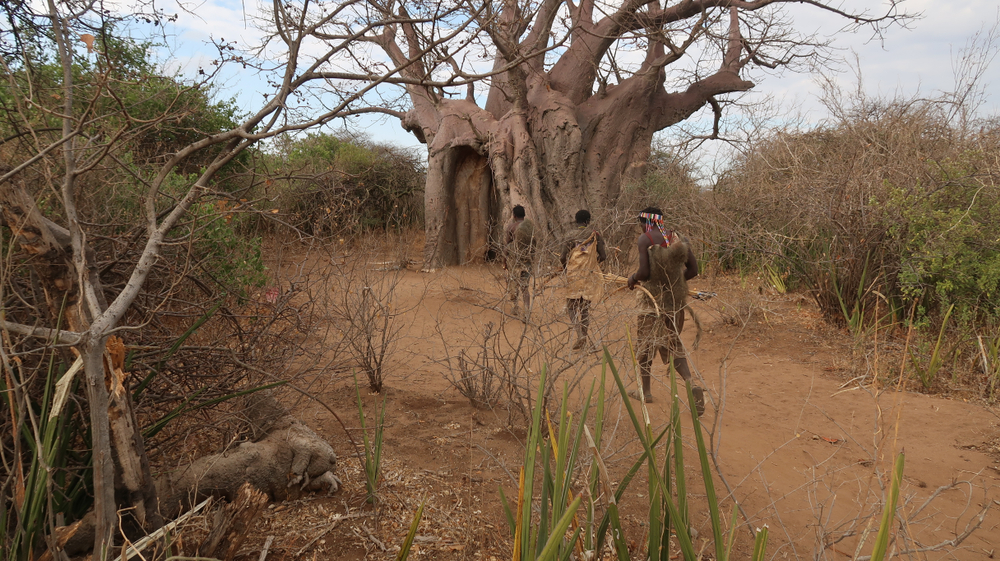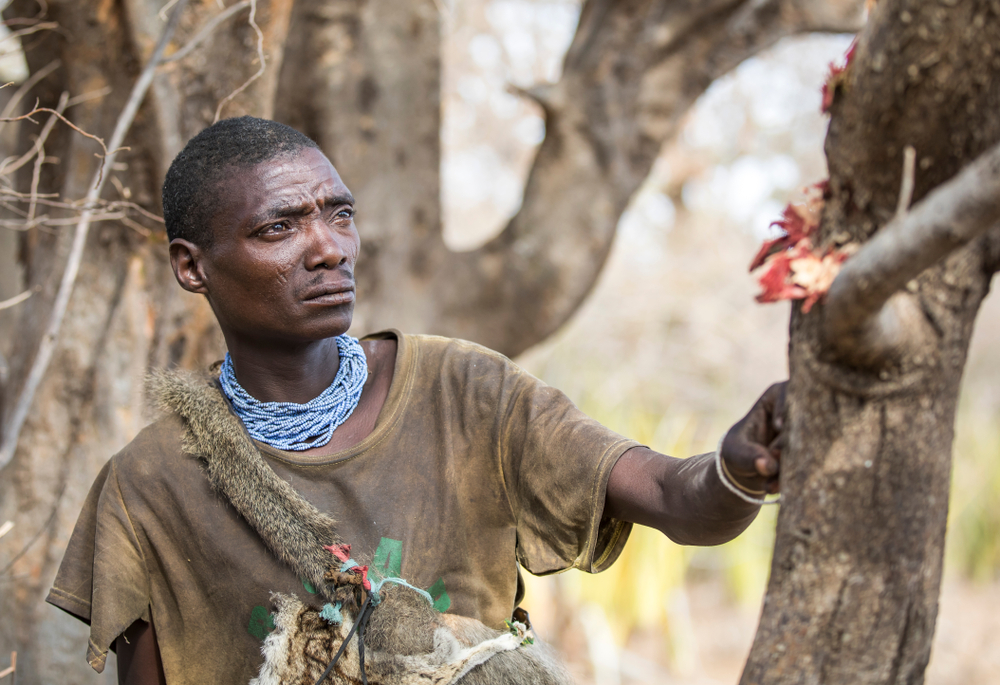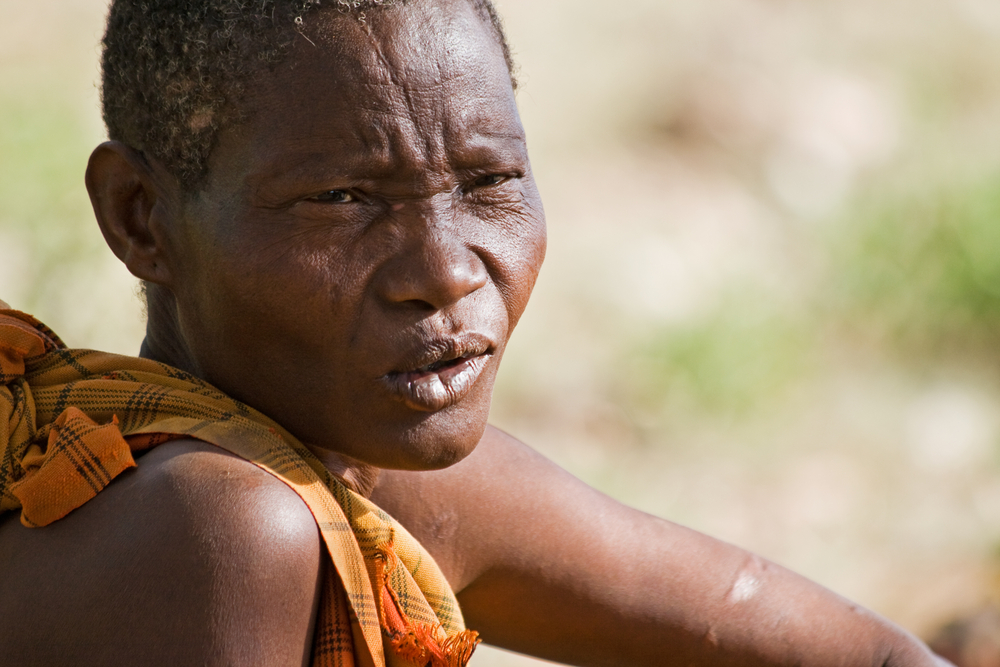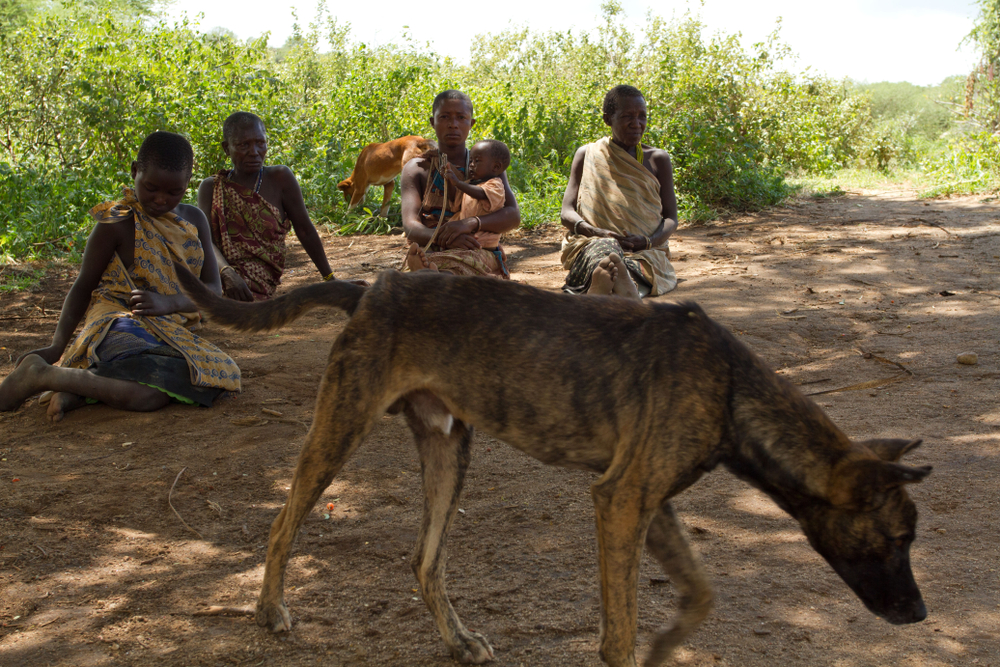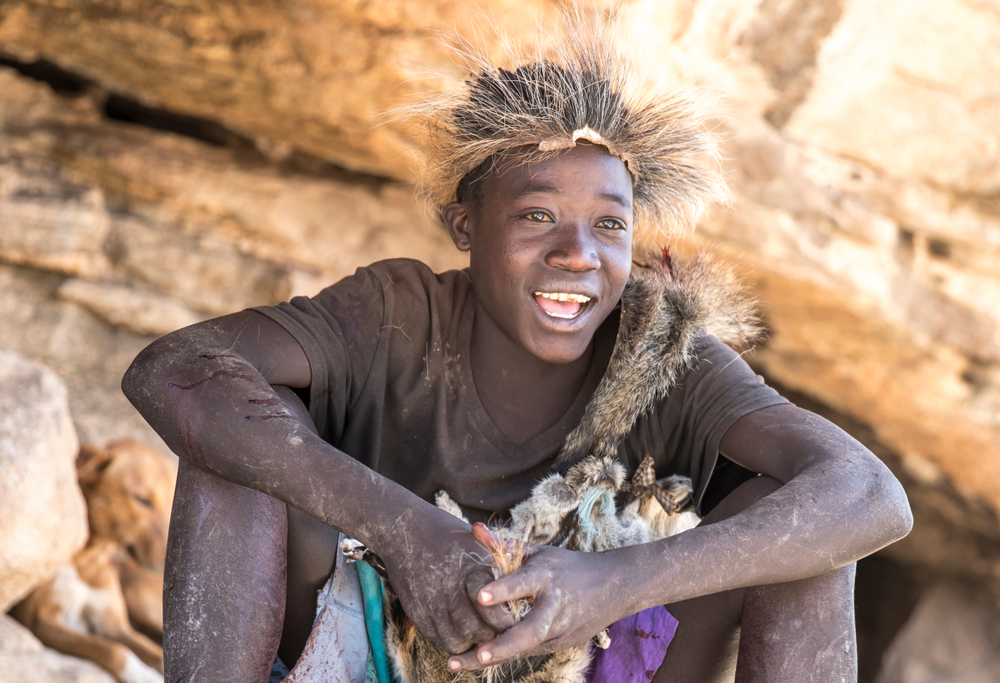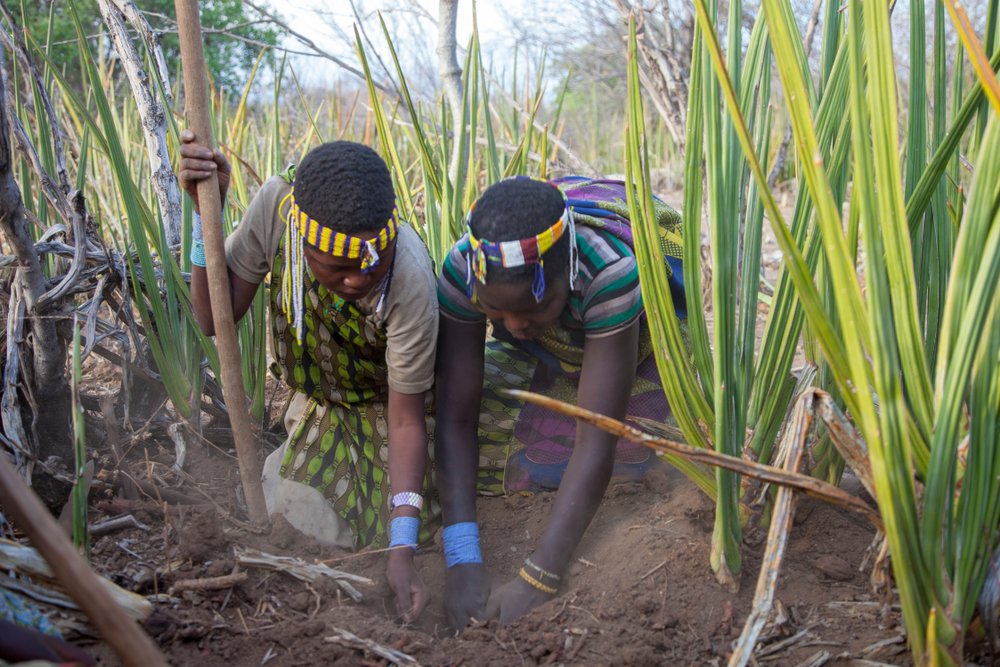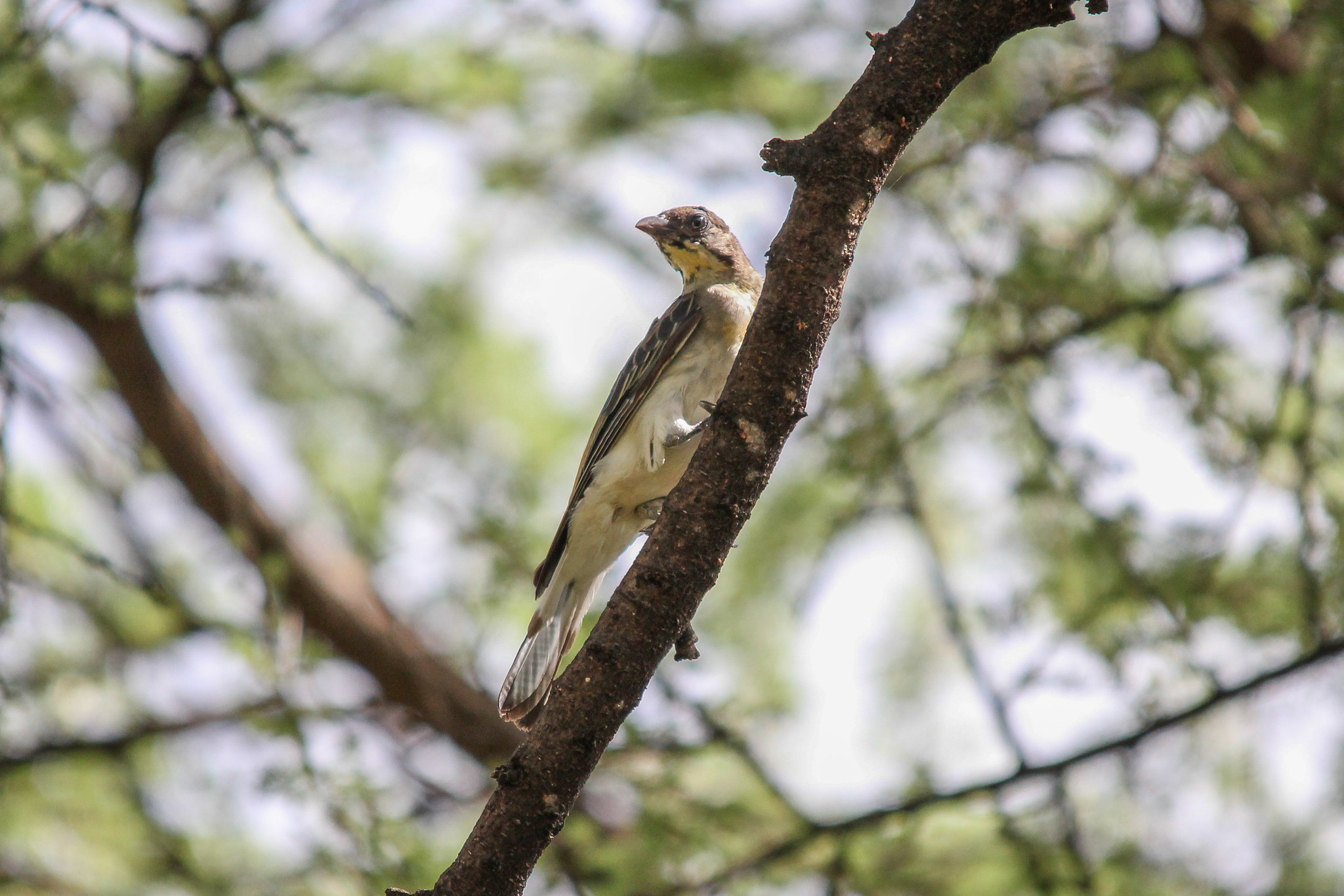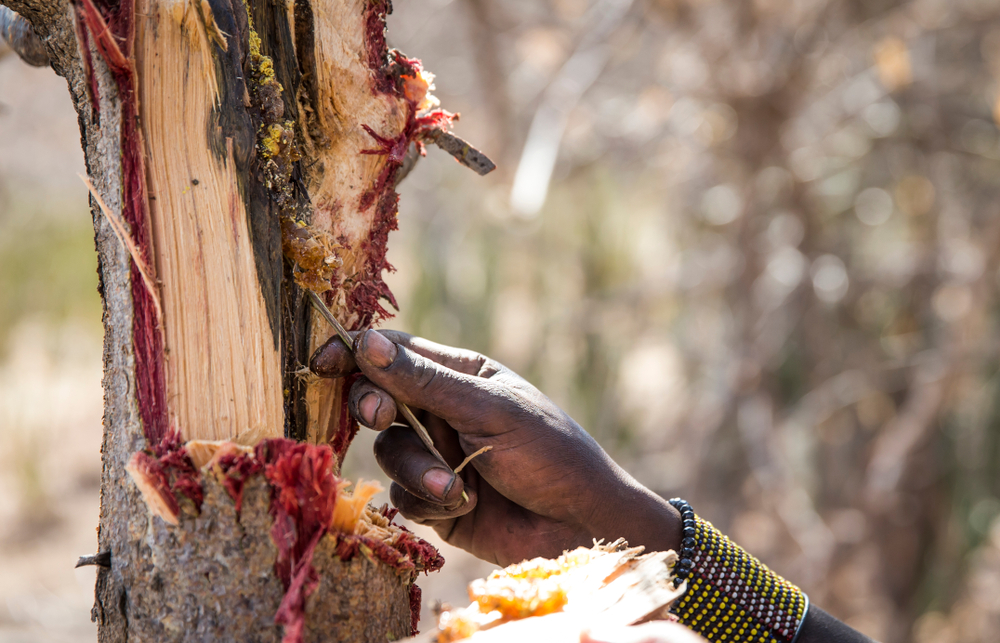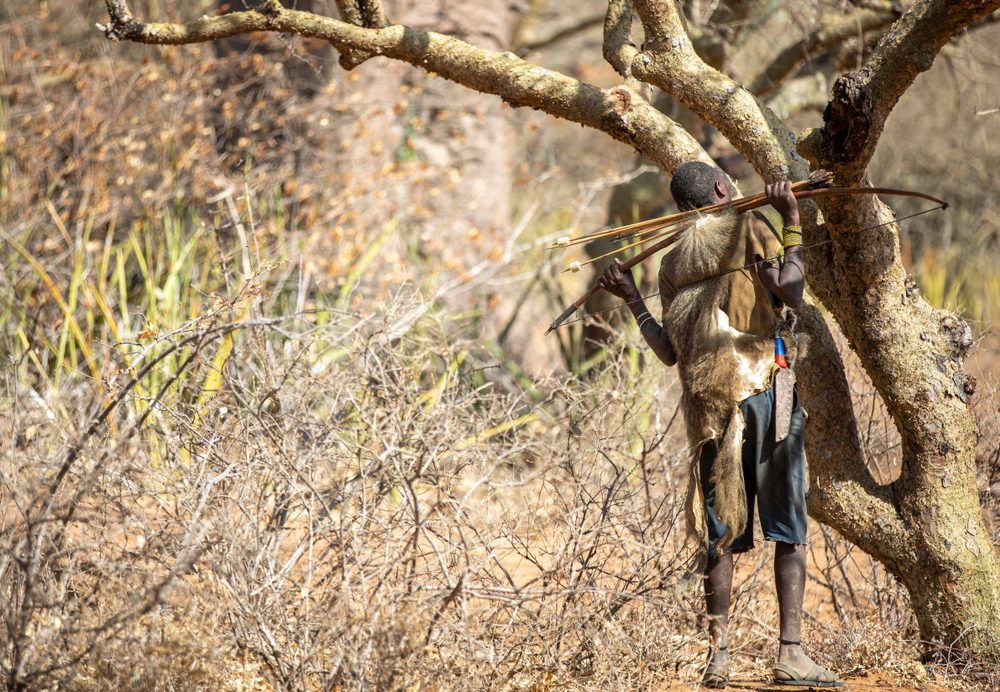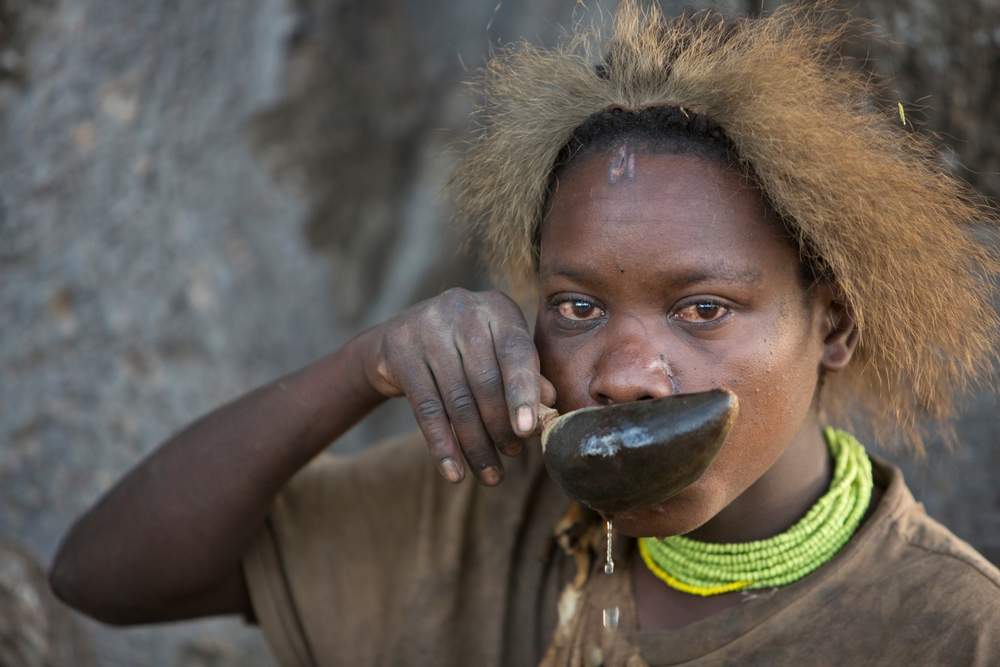The Last Hunter Gatherers In Africa
Today, nearly everyone one earth relies on agriculture to survive. But in the forests of the Great Rift Valley in Northern Tanzania, there's an indigenous tribe keeping humanity's most ancient lifestyle alive.
Meet the Hadza, the last hunter gatherers in Africa.
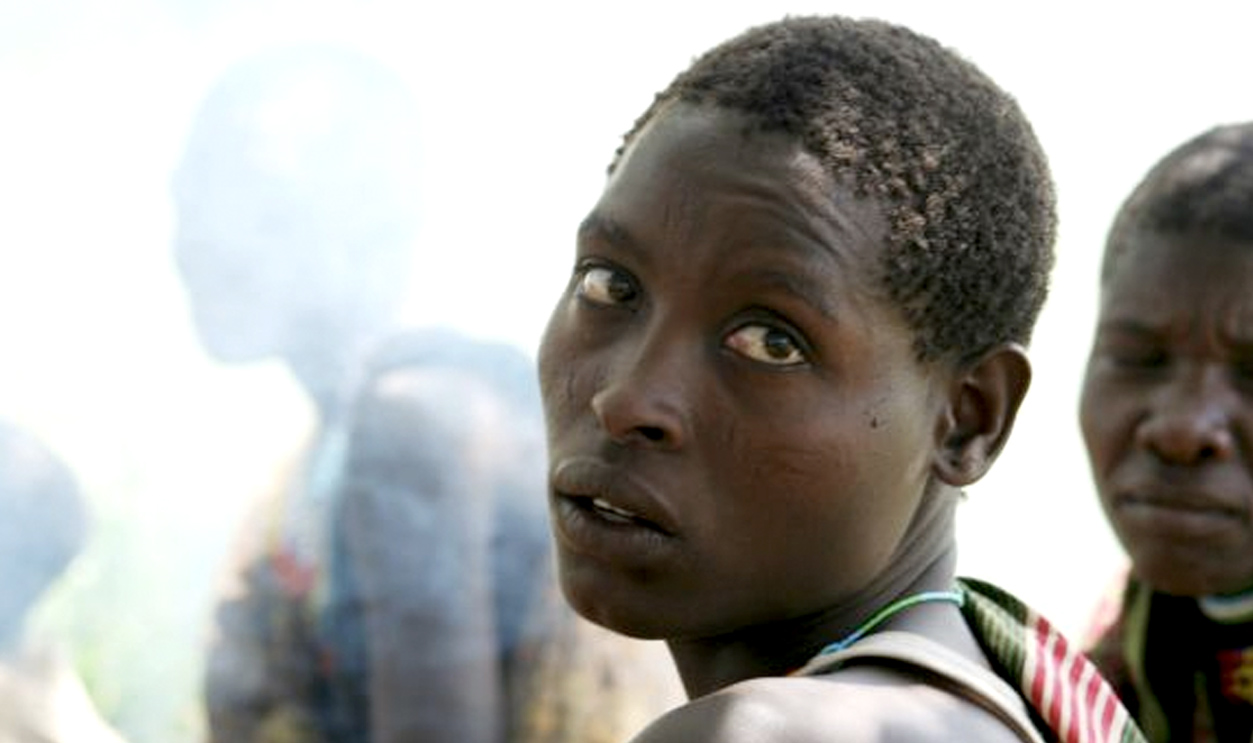
The Venture Out Into The Serenghetti
During the dry season, the Hadza will venture out into the Serengeti Plains, beyond their usual range, on hunting expeditions. Though hunting is banned in the Serengeti, the last hunter gatherer tribe on earth gets a special exemption from the Tanzanian government.
The Government Leaves Them Alone
There are many indigenous tribes active in Tanzania, but the Hadza are the only ones who are completely exempt from all local and national taxation.
They Live In Camps
The Hadza usually live in small groups of 20 to 30 people, but during the wet season, up to 100 Hadza may gather for the berry harvest.
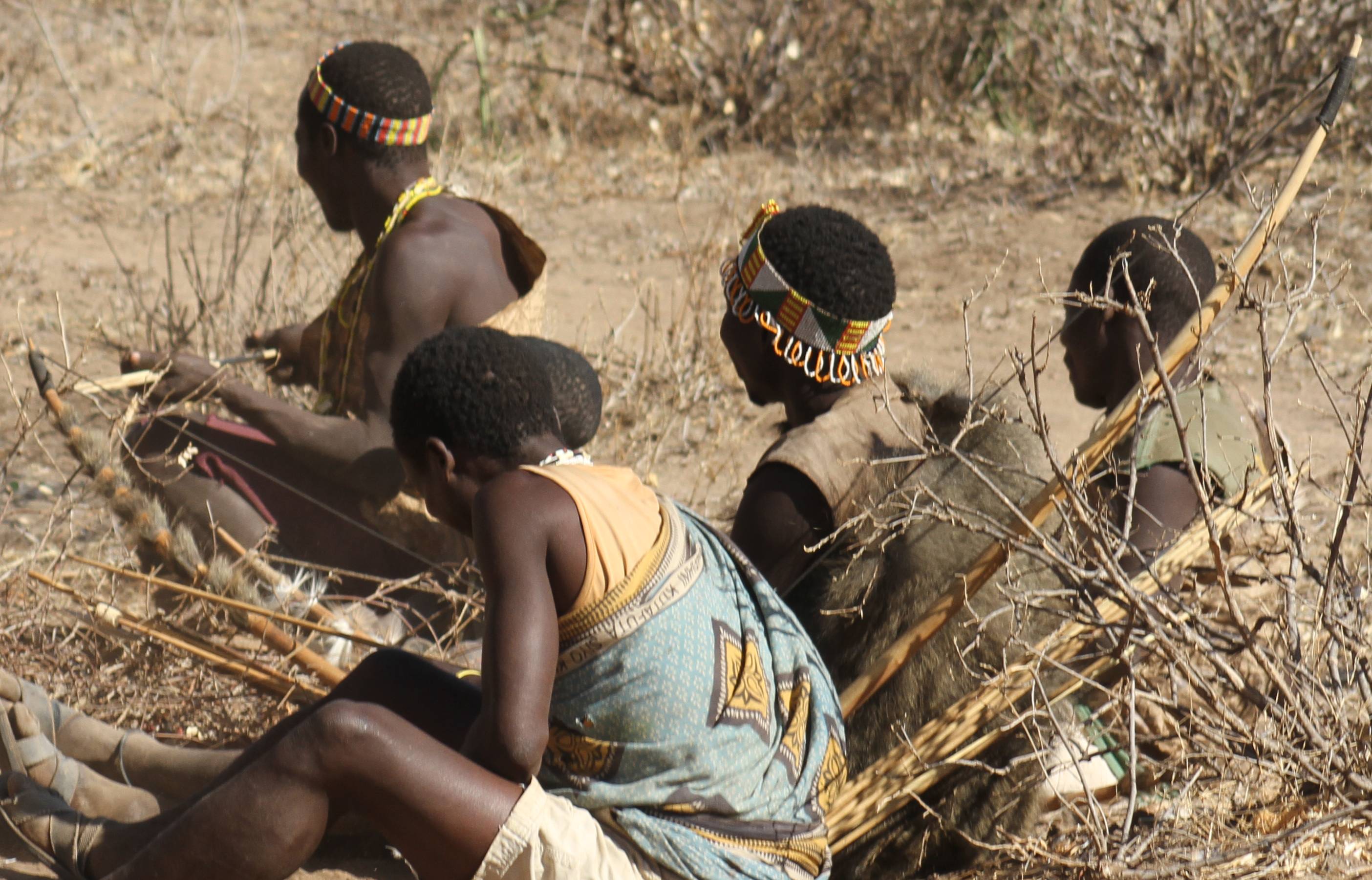 Eid John, CC BY-SA 4.0, Wikimedia Commons
Eid John, CC BY-SA 4.0, Wikimedia Commons
They Have No Hierarchy
The Hadza don't have any kind of hierarchy whatsoever, no chiefs or tribal council. Instead, they usually just talk out all major decisions and came to an agreement. Sounds pretty civilized to me...
They're Egalitarian
The Hadza would think our society looks very strange. They're almost completely egalitarian, so there's no real difference in status between individuals. Older, accomplished members of the tribe are respected, but outside that everyone is equal, regardless of age or sex.
It Takes A Village
Life in a Hadza camp is very communal, and everyone, regardless of relation, chips in to raise the children.
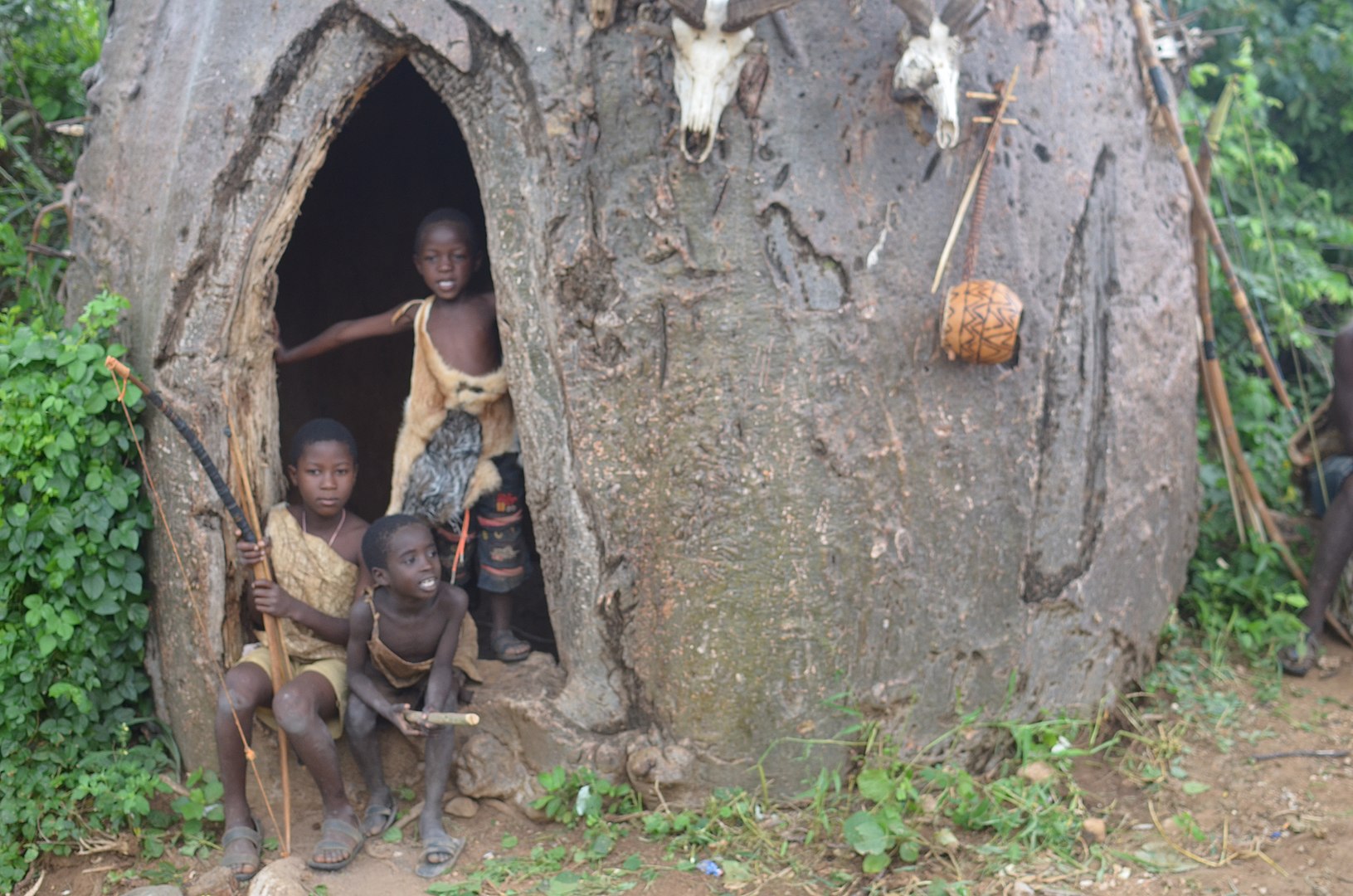 Idd ninga, CC BY-SA 4.0, Wikimedia Commons
Idd ninga, CC BY-SA 4.0, Wikimedia Commons
They're Always Ready To Move
Hadza live in rudimentary huts that can be thrown together in just a few hours, and pretty much everything an individual owns can be carried on their backs.
They Like To Go Steady
While they live in communal groups, Hadza tend to be monogamous, even though there doesn't appear to be any kind of social taboo enforcing the practise. It just works for them, I guess.
They're Shallow Like Us
When searching for a partner, both Hadza men and women tend to value physical attractiveness. In fact, one study found that the Hadza people have a shockingly similar preference for symmetry, averageness, and deep/high voices on men and women, respectively, as most Western nations.
They Move With The Seasons
During the dry season, the Hadza tend to settle in the same area for an extended time, while during the wet season when more food is available, they spend more time on the move.
Still, their entire range covers just 4,000 square kilometers around the southern end Lake Eyasi.
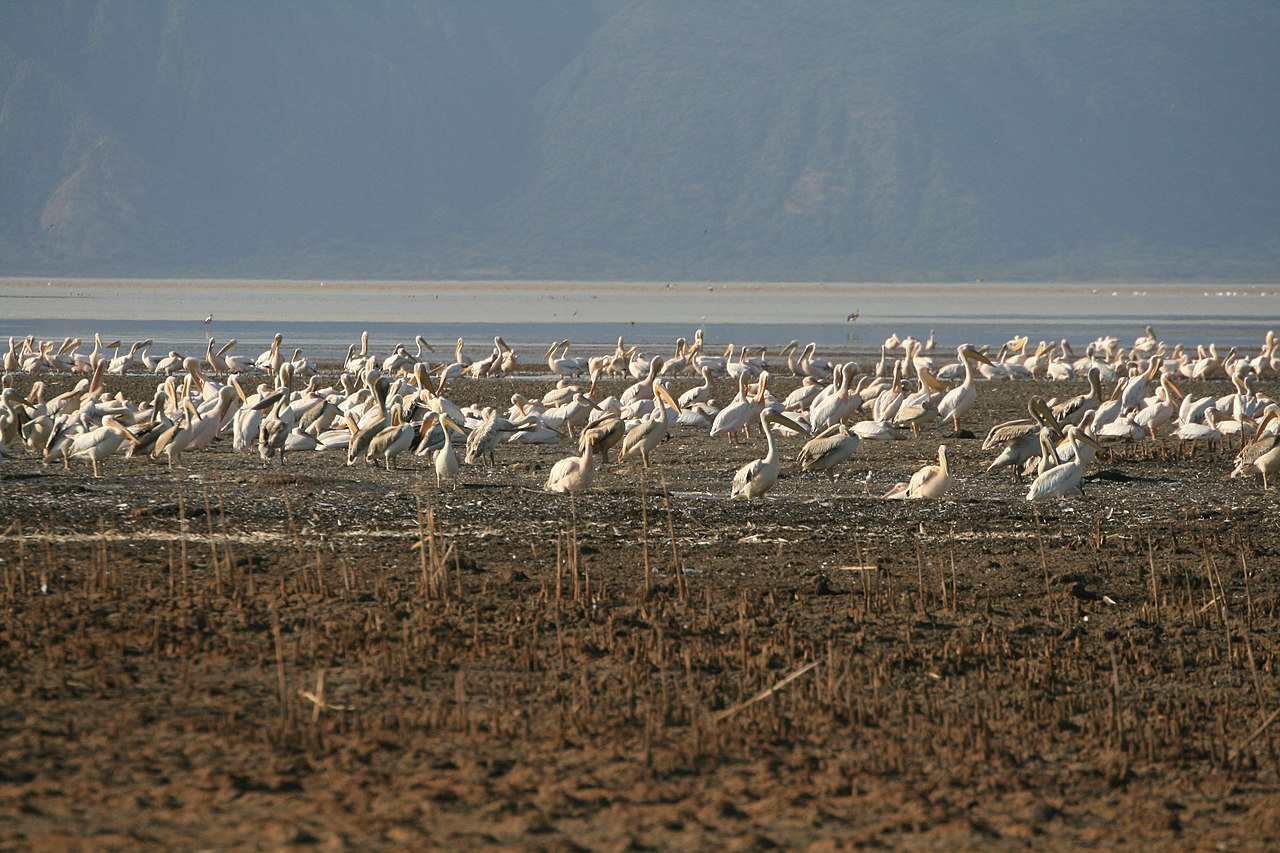 kiwiexplorer, CC BY-SA 2.0, Wikimedia Commons
kiwiexplorer, CC BY-SA 2.0, Wikimedia Commons
They're Mostly Vegetarian During The Wet Season
The Hadza diet also changes with the seasons. During the wet season, they mostly eat honey, fruit, berries, and tubers, with meat being eaten only on occasion.
The Wet Season Is Meat Season
The Hadza actually eat a lot more meat during the dry season. When the rains are coming, animals are spread out widely. When the rains dry up, they're forced to gather around watering holes, making the hunting much easier.
They Get Fibre From Baobabs
The Hadza eat both tubers and fruits from Africa's iconic baobab trees, providing essential fibre for their diet.
The Men Are Lone Wolves
Most Hadza men will go off to forage on their own, feeding themselves as they gather honey, fruit, and whatever wild game they can find. Women, meanwhile, tend to forage in groups for berries, fruits, and baobab tubers. These groups do usually bring along one adult male.
They Don't Very Long Lives
The average life expectancy of a member of the Hadza is just 33 years old, in part due to the high infant mortality rate of 21%. If one does make it to 20, they're likely to reach age 40, and it is not unheard of for Hadza reach their 60s, or even 70s.
It's Hard To Say Their Age
All age statistics about the Hadza are estimate as best. Because the Hadza don't track age or the passage of time in the same way that we do, you can only get so close.
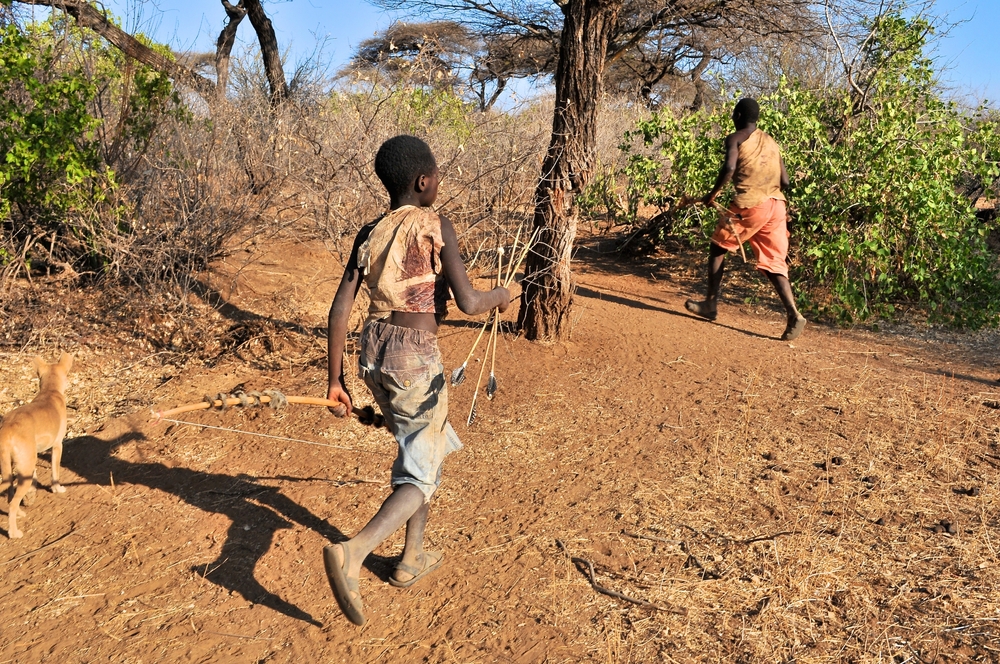 MOIZ HUSEIN STORYTELLER, Shutterstock
MOIZ HUSEIN STORYTELLER, Shutterstock
They're Unique
The Hadza are not closely related to any neighboring tribe genetically, and the Hadza language appears to be an isolate, not connected to any other. Their language is also entirely oral, with no writing system to speak of.
They Believe In A World Of Giants
According to Hadza oral history, the world was first inhabited by hairy giants called the akakaanebee, for "first ones". These ancient ancestors did not use tools or fire, but merely chased their prey until it collapsed, eating the meat raw.
The In-Between Ones
After the time of the akakaanebee came the epoch of the xhaaxhaanebee, or "in-between ones". These giants people lost their hair, but they gained the use of fire, built stone tools, and lived in caves.
The Ancestors
After the xhaaxhaanebee came the hamakwanebee, "recent ones". These people invented bows and arrows, containers for food, mastered fire, and built their own huts to live in
Hadza Today
The Hadza of today call themselves the hamayishonebee, "those of today", the people currently living in humanity's fourth epoch.
Their Stories Go Back Generations
The oral history of the hamayishonebee is far more precise, and people can say approximately how many generations ago their stories occurred.
They Predate the Bantu
The Hadza were already living in Tanzania when Bantu agriculturalists arrived to the region around 500 BC. That means that Hadza people have been living in the forests of Tanzania, living essentially the exact same lifestyle, for thousands of years.
The Live In The Cradle Of Humanity
The land the Hadza occupy is just 50 km from the Olduvai Gorge, a site known as the "Cradle of Mankind" because of how many early human fossils have been found there.
So it's possible that the Hadza and their ancestors have lived in the same place, with nearly the same lifestyle, for hundreds of thousands of years.
 Noel Feans, CC BY 2.0, Wikimedia Commons
Noel Feans, CC BY 2.0, Wikimedia Commons
Everyone In Tanzania Was Once Like Them
All the people of Tanzania were once hunter gatherers like the Hadza, but the arrival of the Bantu agriculturalists arrived in 500 BC brought conflict. Hadza would often hunt the Bantu people's livestock, as the concept of "animal ownership" was and remains foreign to them.
The Other Tribes Thought They Were Savages
The farming tribes of Tanzania viewed the Hadza as backward and uncivilized, and repeated these ideas to the European colonists who first encountered them.
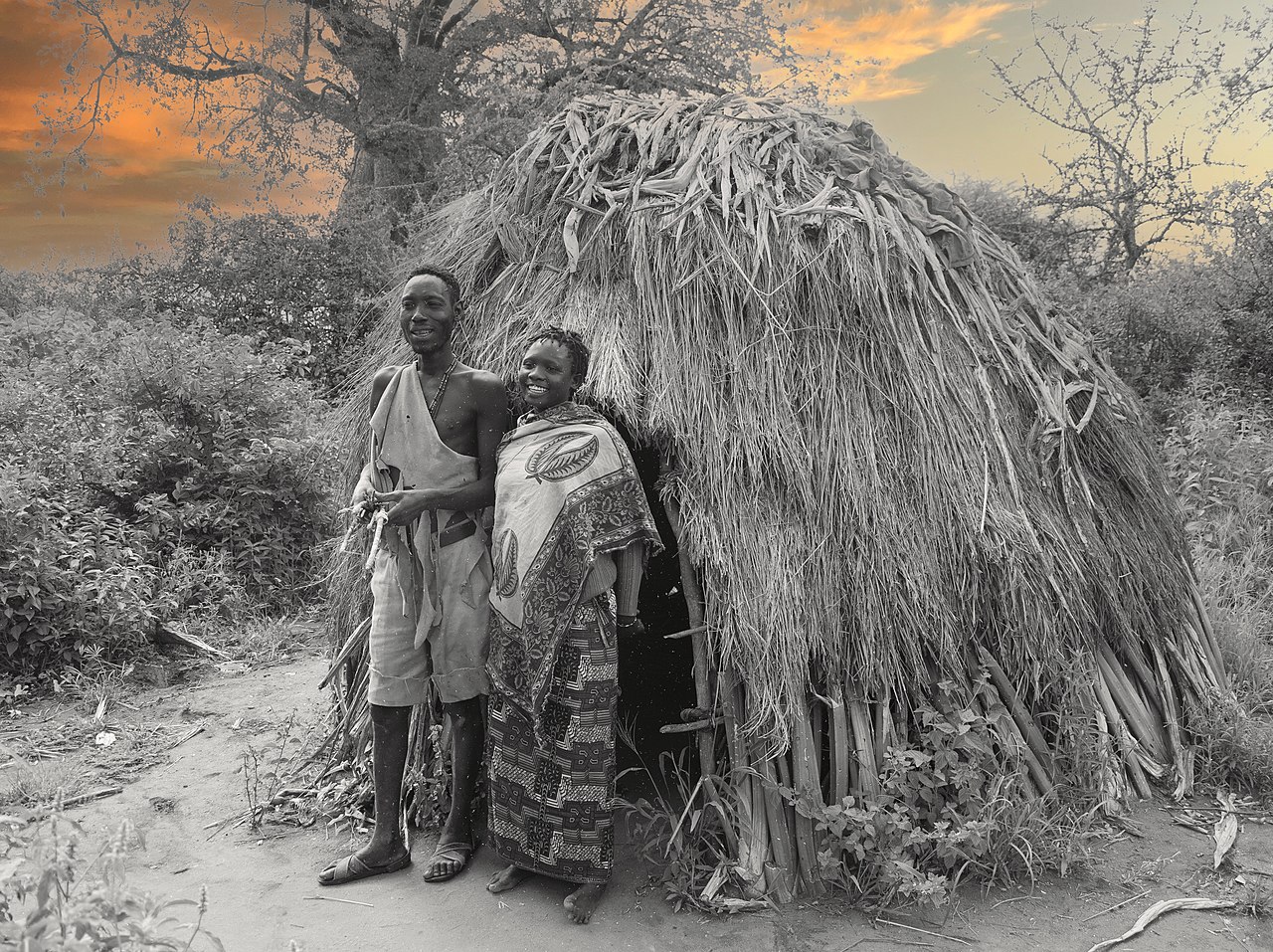 Erasmus Kamugisha, CC BY-SA 4.0, Wikimedia Commons
Erasmus Kamugisha, CC BY-SA 4.0, Wikimedia Commons
They Resist Farming
Many attempts have been made to force the Hadza to settle down and take up farming, going back to 1927. The British, missionaries, and the Tanzanian government have all tried—and they all failed.
They Work Together With Birds
The Hadza have a mutually beneficial relationship with the Greater honeyguide, a woodpecker-like bird that works together with Hadza hunters to locate honey.
A Match Made In Heaven
Honeyguides love beeswax, but can't get at it easily. Hadza hunters love honey, but finding beehives is difficult from the ground. Together, they're unstoppable.
The Honeyguide Is Aptly Named
The honeyguide has learned to guide Hadza men to beehives using a specific call. The Hadza will then open the hive to remove the honey, getting the Honeyguide access to the delicious beeswax.
They Must Be So Sweet
The relationship with the honeyguide is deeply ingrained in Hadza culture. The honeyguide appears in many stories from Hadza mythology—and it's easy to see why. Honey represents as much as 20% of the Hadza's caloric intake.
 Arnold Tibaijuka, CC BY-SA 4.0 , Wikimedia Commons
Arnold Tibaijuka, CC BY-SA 4.0 , Wikimedia Commons
There Aren't Many Left
Today, there are somewhere between 1,200 and 1,300 Hadza people remaining in Tanzania, though only around 400 of those still subsist as hunter gatherers.
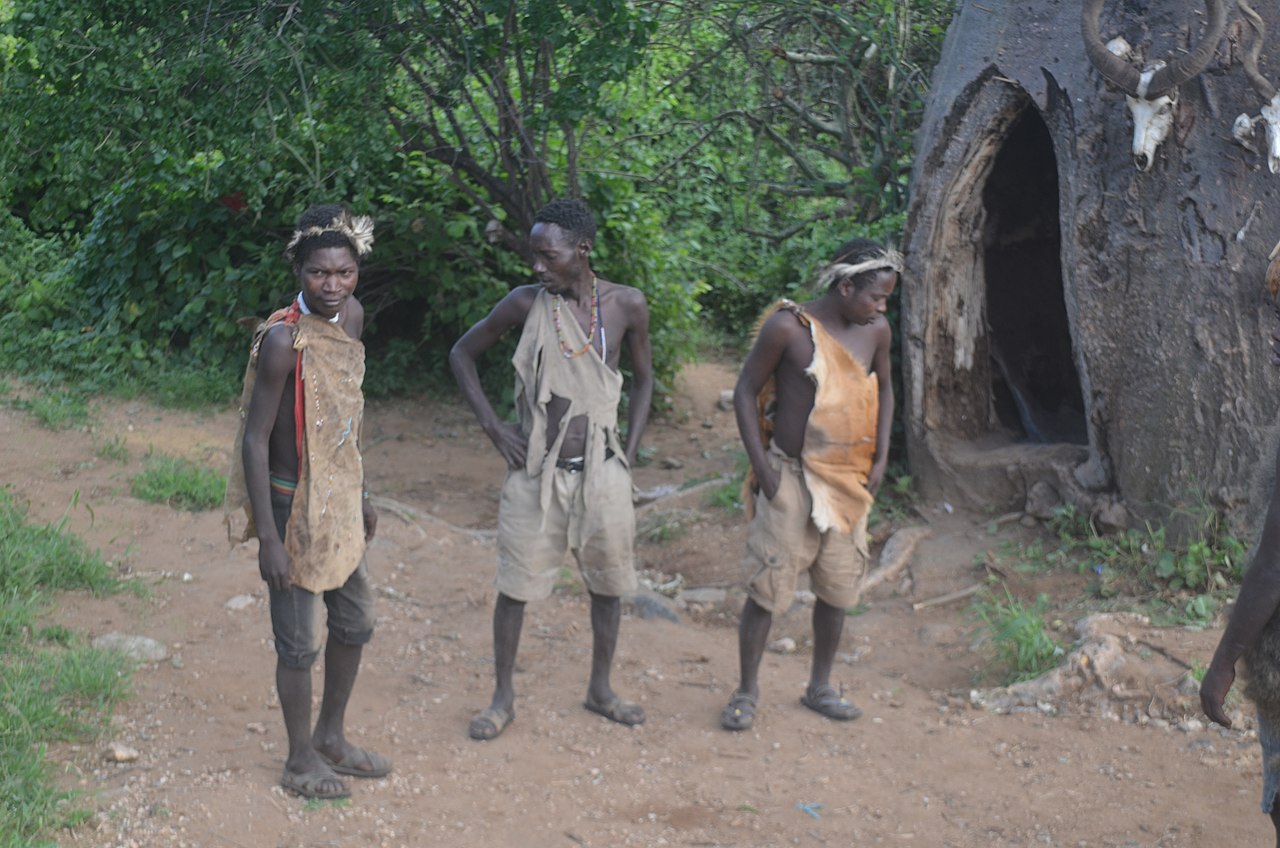 Masele Czeus25, CC BY-SA 4.0, Wikimedia Commons
Masele Czeus25, CC BY-SA 4.0, Wikimedia Commons
Their Way Of Life Is Under Threat
Humans have lived like the Hadza for hundreds of thousands of years, but they are among the last of their kind, and their numbers continue to dwindle due to existential threats like deforestation and the heavy increase in tourism.

